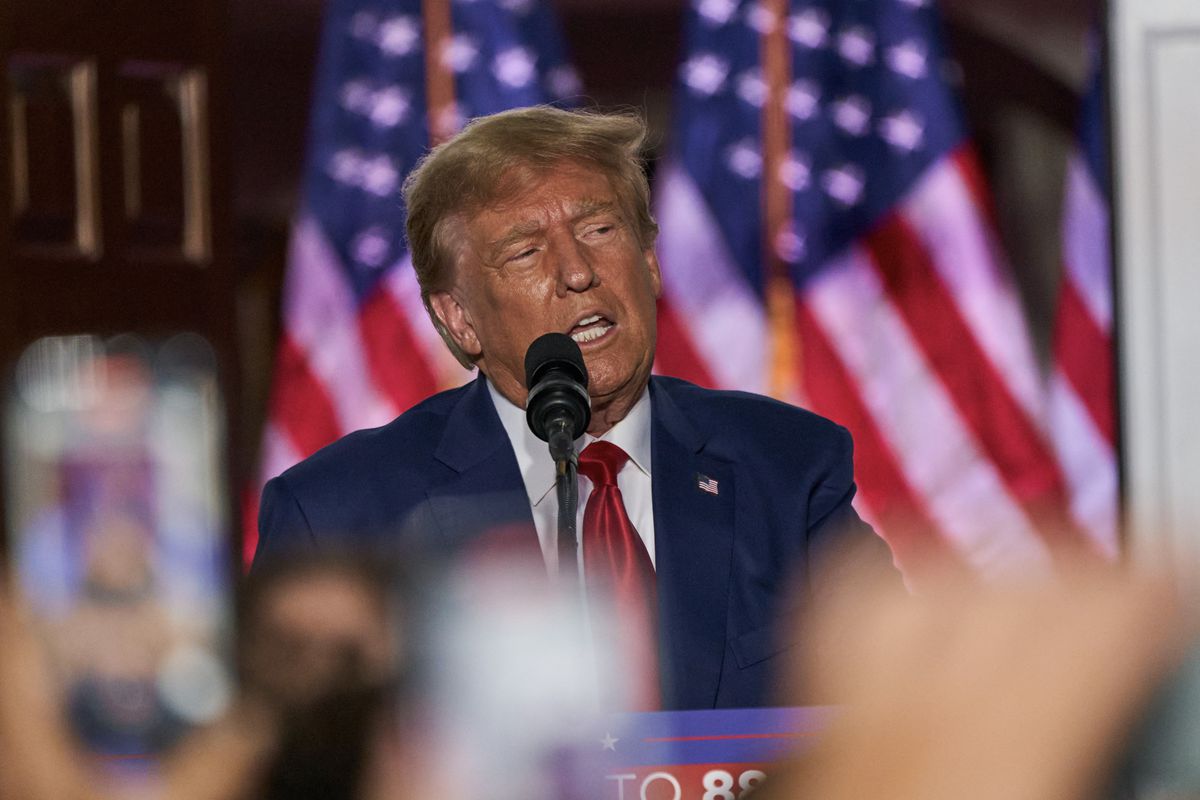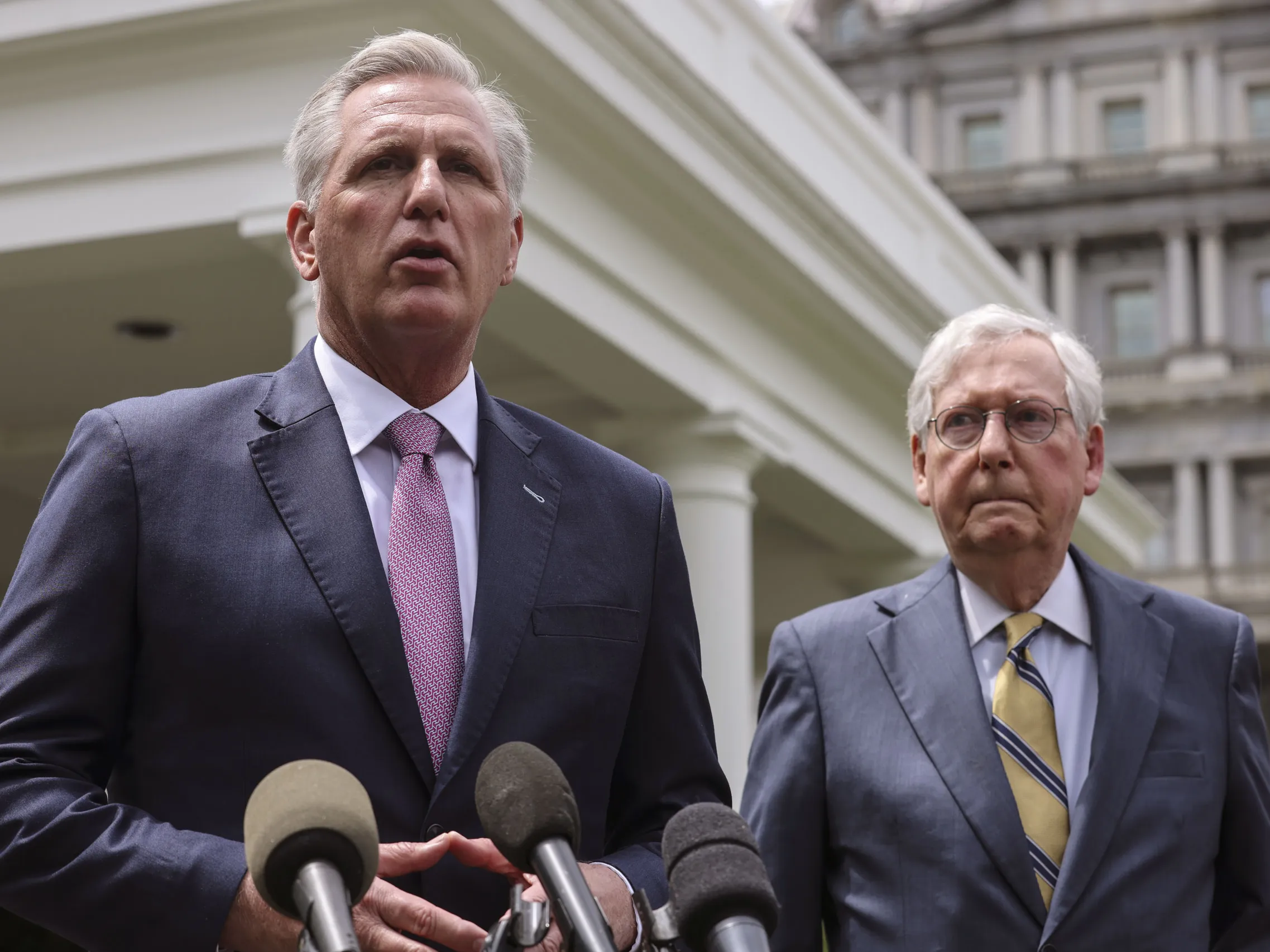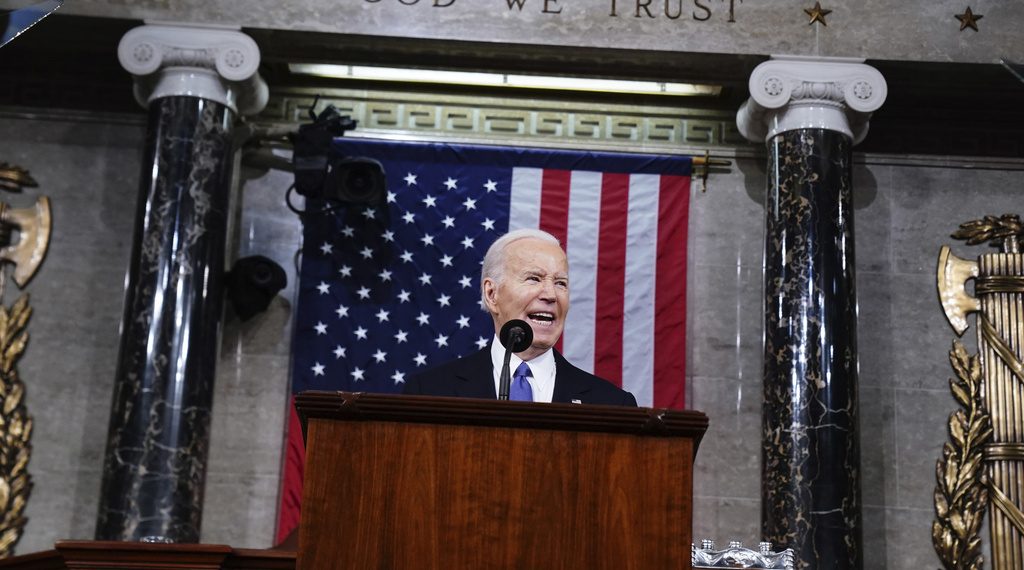A proposed adjustment to the contentious U.S. surveillance program faced a setback in the House of Representatives as both Democratic and Republican opponents, including Donald Trump, expressed concerns over its potential to expand government surveillance authority.
In a vote of 228-193, the Republican-controlled House blocked the bill from advancing to floor debate, leaving the program’s fate uncertain just ahead of its April 19 expiration date.
House Speaker Mike Johnson, a supporter of the bill, acknowledged the need for an alternative plan to address national security concerns but did not specify the approach.

The crux of the issue lies in sections of the Foreign Intelligence Surveillance Act (FISA) permitting law enforcement to sift through vast data volumes gathered by U.S. intelligence agencies without judicial approval.
Critics from both ends of the political spectrum argue that such provisions grant excessive surveillance powers to the government.
Last year, a U.S. court revealed that the FBI had improperly conducted 278,000 searches in the FISA database over several years, further fueling skepticism about the program’s oversight.
Despite attempts at surface-level reforms, the core of the bill remains largely unchanged, prompting repeated challenges to its reauthorization in the House.
This latest rejection marks the third unsuccessful attempt, with a significant number of Republicans and Democrats voting against its consideration.
Johnson may now explore temporary extensions of the program to buy more time to craft permanent alterations.

Originating after the 9/11 attacks, the FISA law allows the government to surveil foreigners without court consent, though incidental collection of U.S. citizens’ communications is possible.
Trump’s opposition, alleging misuse of the law against his campaign without evidence, underscores the polarizing nature of the debate.
While officials emphasize the program’s importance in combating cross-border crimes and cybersecurity threats, opponents advocate for stricter oversight to safeguard civil liberties.





